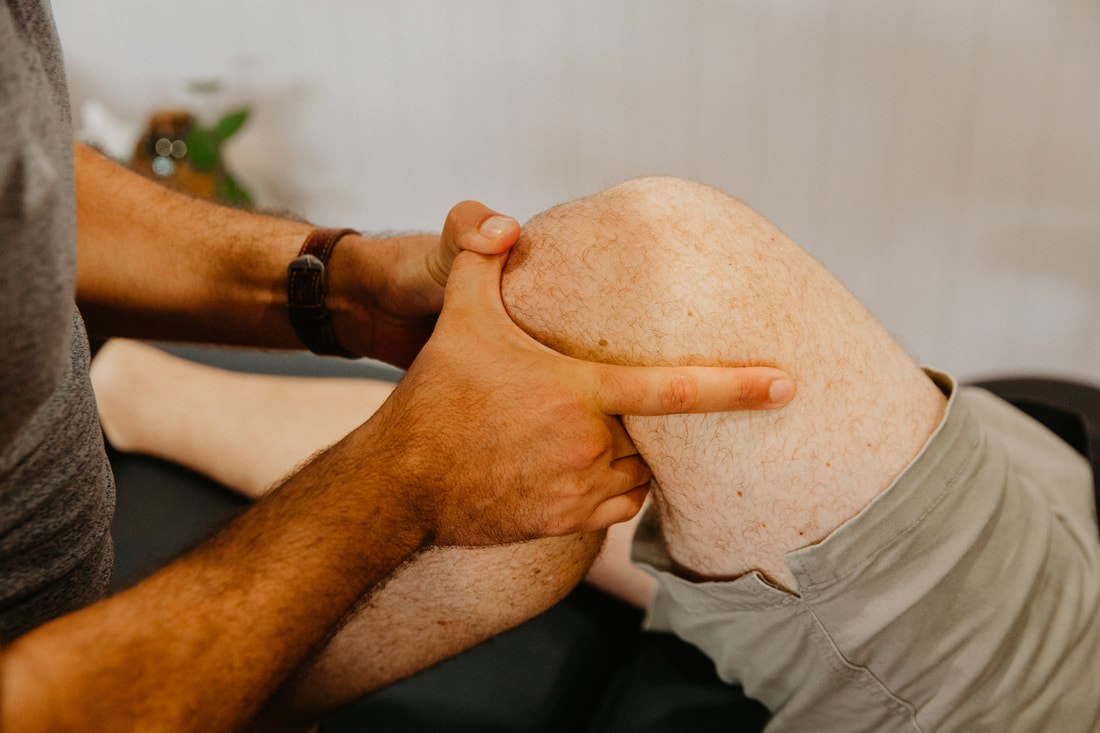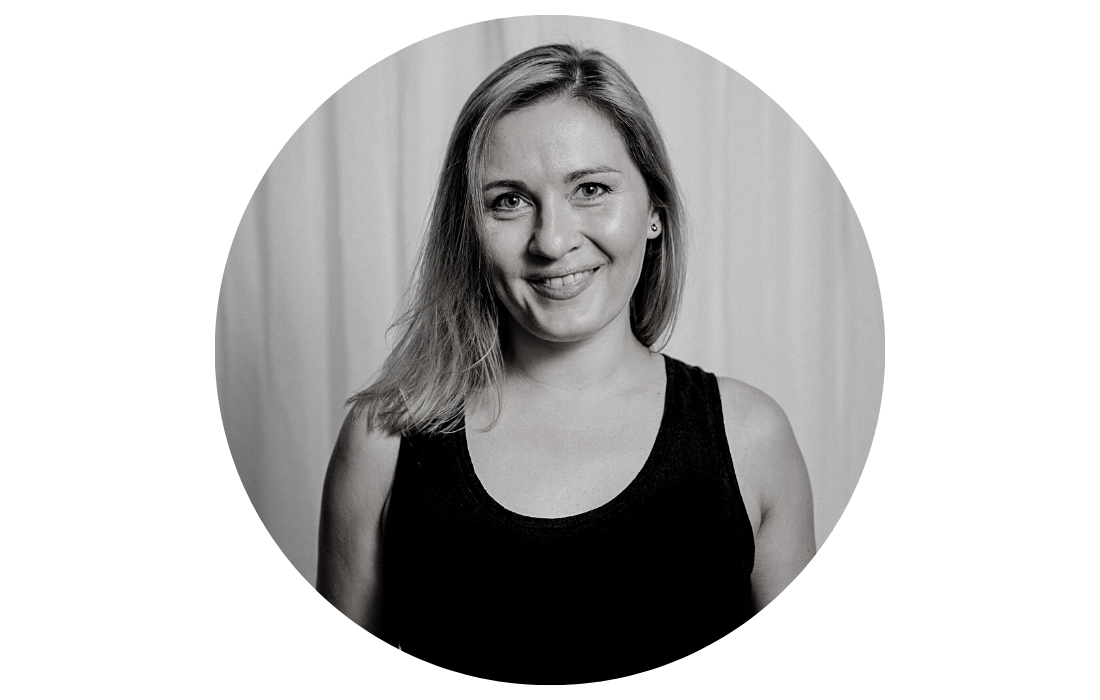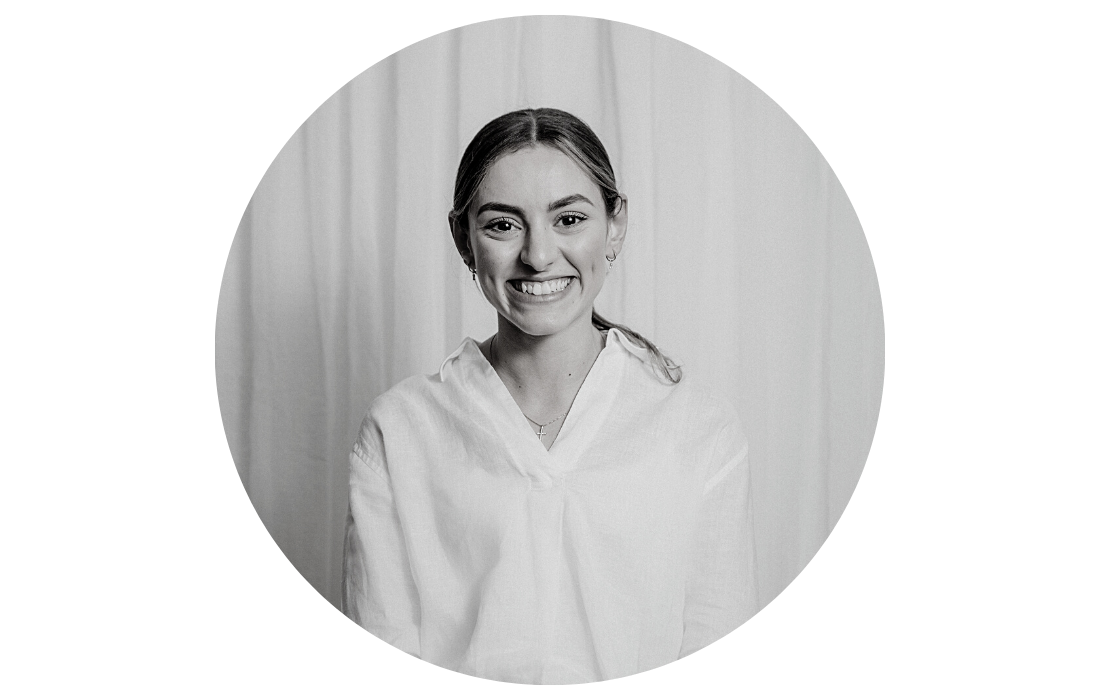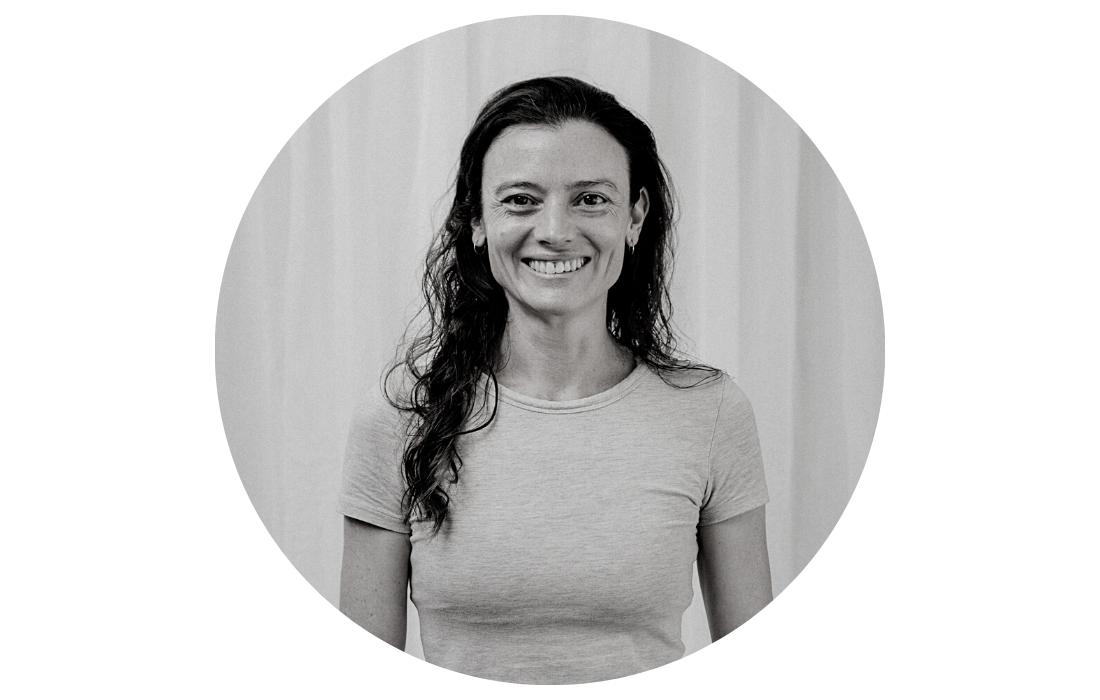Osteoarthritis of the Knee physiotherapy Brisbane southside.
What is Osteoarthritis of the Knee?
Osteoarthritis of the knee, often simply referred to as knee osteoarthritis, is a common degenerative joint condition that most commonly affects the knee joint. It occurs when the protective cartilage that cushions the ends of the bones within the knee joint gradually wears down, leading to pain, stiffness, and reduced mobility. Knee osteoarthritis is a prevalent condition, particularly among older adults. It can also affect younger individuals, especially if they have experienced knee injuries or have a family history of the condition.
What are the causes of Osteoarthritis of the Knee?
Knee osteoarthritis can be classified as
1. Primary knee OA is the result articular cartilage degeneration without any known cause. This is typically thought of as degeneration due to age as well as wear and tear.
2. Secondary knee OA due to a specific factors that accelerate cartilage breakdown, such as:
What are the symptoms of Osteoarthritis of the knee?
How is Osteoarthritis of the Knee diagnosed?
What is the treatment for Osteoarthritis of the Knee?
What is the prevention for Osteoarthritis of the Knee?
How can physiotherapy help with Osteoarthritis of the Knee?
Physiotherapy plays a crucial role in managing osteoarthritis of the knee by helping to reduce pain, improve function, and enhance the overall quality of life for individuals with this condition. A physiotherapist can design a personalised treatment plan to address the specific needs and limitations of the patient. Here's how physiotherapy can help with osteoarthritis of the knee:
If you or a loved one has questions about Osteoarthritis of the Knee and how our physiotherapists might be able to help please call us on 07 3706 3407 or email [email protected]. We would love to work with you!
Osteoarthritis of the knee, often simply referred to as knee osteoarthritis, is a common degenerative joint condition that most commonly affects the knee joint. It occurs when the protective cartilage that cushions the ends of the bones within the knee joint gradually wears down, leading to pain, stiffness, and reduced mobility. Knee osteoarthritis is a prevalent condition, particularly among older adults. It can also affect younger individuals, especially if they have experienced knee injuries or have a family history of the condition.
What are the causes of Osteoarthritis of the Knee?
Knee osteoarthritis can be classified as
1. Primary knee OA is the result articular cartilage degeneration without any known cause. This is typically thought of as degeneration due to age as well as wear and tear.
2. Secondary knee OA due to a specific factors that accelerate cartilage breakdown, such as:
- Joint hypermobility or instability.
- Previous knee injuries, such as ligament tears or fractures, can increase the likelihood of developing osteoarthritis in the affected knee due to malpositioning of the joint surfaces.
- Obesity: Excess body weight can place added stress on the knee joints, contributing to the development and progression of osteoarthritis.
- Diabetes
- Inflammatory disorders, e.g. Lyme disease, Perthes disease, chronic inflammatory forms of arthritis such as rheumatoid arthritis or gout, and many others.
- Genetics: Some individuals may have a genetic predisposition to osteoarthritis.
What are the symptoms of Osteoarthritis of the knee?
- Pain: The most common symptom of knee osteoarthritis is pain, which is often felt as a dull, aching discomfort. Pain may worsen with activity and improve with rest.
- Stiffness: People with knee osteoarthritis may experience stiffness, especially after periods of inactivity, such as in the morning or after sitting for extended periods.
- Swelling: The knee joint may become swollen or inflamed, leading to increased discomfort and reduced mobility.
- Crepitus: This is a crackling or popping sound that can occur when the knee joint moves. It is often due to irregularities in the joint surfaces caused by cartilage breakdown.
- Reduced Range of Motion: Knee osteoarthritis can lead to a decreased ability to fully bend or straighten the knee.
How is Osteoarthritis of the Knee diagnosed?
- Clinical Evaluation: Healthcare providers typically begin by taking a detailed medical history and conducting a physical examination to assess knee function and look for signs of osteoarthritis.
- Imaging: X-rays, MRI scans, or CT scans may be used to visualise the joint and confirm the diagnosis. These imaging tests can reveal cartilage loss, bone spurs, and joint space narrowing.
What is the treatment for Osteoarthritis of the Knee?
- Lifestyle Modifications: Lifestyle changes such as weight management, exercise, and avoiding activities that exacerbate symptoms can help manage knee osteoarthritis.
- Physical Therapy: Physical therapists can provide exercises and techniques to improve knee strength, flexibility, and function.
- Medications: Over-the-counter pain relievers (e.g., acetaminophen, nonsteroidal anti-inflammatory drugs) or prescription medications may be used to manage pain and inflammation.
- Injections: Corticosteroid injections or hyaluronic acid injections can provide temporary relief for knee osteoarthritis symptoms.
- Surgery: In severe cases, surgical options such as knee arthroscopy, osteotomy, or knee replacement (total or partial) may be considered.
What is the prevention for Osteoarthritis of the Knee?
- Engaging in regular exercise.
- Protecting the knees during sports or activities by maintaining good strength and stability around the affected joint
- Managing underlying conditions (e.g., diabetes) that can contribute to joint problems.
- Maintaining a healthy weight.
How can physiotherapy help with Osteoarthritis of the Knee?
Physiotherapy plays a crucial role in managing osteoarthritis of the knee by helping to reduce pain, improve function, and enhance the overall quality of life for individuals with this condition. A physiotherapist can design a personalised treatment plan to address the specific needs and limitations of the patient. Here's how physiotherapy can help with osteoarthritis of the knee:
- Pain Management: Physiotherapists use various techniques to alleviate pain, including manual therapy (such as joint mobilisation and soft tissue massage), modalities like heat or cold therapy, and electrical stimulation. They can also educate patients on pain-relief strategies, such as using assistive devices like canes or braces.
- Exercise Prescription: A tailored exercise program is a fundamental component of physiotherapy for knee osteoarthritis. These exercises focus on strengthening the muscles around the knee, especially the quadriceps, hamstrings, and calf muscles. Stronger muscles provide better support to the joint, reducing pain and improving stability.
- Range of Motion and Flexibility: Physiotherapists work to improve and maintain the range of motion in the affected knee joint. Gentle stretching exercises can help maintain flexibility and reduce stiffness.
- Balance and Proprioception: Osteoarthritis can affect balance and proprioception (awareness of joint position). Physiotherapists incorporate exercises that challenge balance and coordination to reduce the risk of falls and improve joint stability.
- Gait Training: Physiotherapists can assess and address any abnormalities in the patient's walking (gait) pattern. This may involve gait retraining exercises, orthotic recommendations, or the use of assistive devices like canes or walkers to improve mobility.
- Education: Patients receive education about osteoarthritis, its progression, and strategies for managing their condition. They learn techniques for conserving energy and reducing the load on their knees during daily activities.
- Joint Protection Techniques: Physiotherapists teach patients how to perform activities of daily living (e.g., getting up from a chair, climbing stairs) with minimal joint stress and strain.
- Weight Management: If obesity is a contributing factor to the knee osteoarthritis, physiotherapists can provide guidance on weight management strategies to reduce the load on the knee joint.
- Assistive Devices: When appropriate, physiotherapists may recommend and provide training on using assistive devices like braces, knee sleeves, or orthotic shoe inserts to provide support and reduce pain.
- Progress Monitoring: Physiotherapists continuously assess the patient's progress and adjust the treatment plan accordingly. This ensures that exercises and interventions are appropriate and effective.
- Pain Relief Modalities: In some cases, physiotherapists may use pain-relief modalities such as transcutaneous electrical nerve stimulation (TENS) or dry needling to help manage pain and inflammation.
- Preoperative and Postoperative Care: For individuals who eventually require knee replacement surgery, physiotherapy can be beneficial both before and after the surgery to optimise outcomes and facilitate recovery.
If you or a loved one has questions about Osteoarthritis of the Knee and how our physiotherapists might be able to help please call us on 07 3706 3407 or email [email protected]. We would love to work with you!
Who to book in with:
Yulia Khasyanova
|
Monica Hanna
|
Emma Cameron
|



